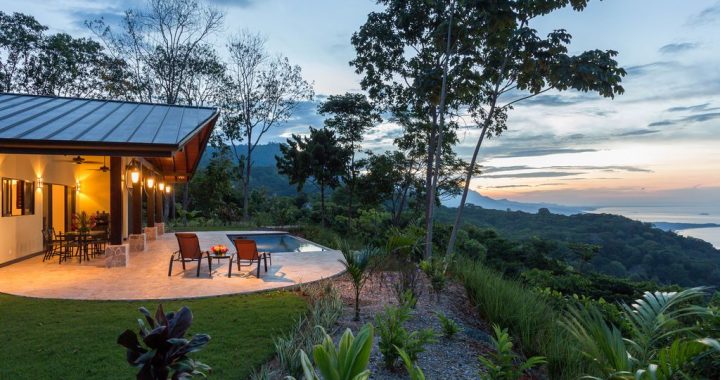Buying real estate in Costa Rica is pretty parallel to how you would do it in your home country, with a
few differences.
1.) Find a property you love. To do so, look on local websites rather than just doing a scattershot online search. There is no MLS in Costa Rica, so listings get shared around and some agencies are better at keeping their websites up to date. Instead of “Real Estate in Costa Rica” try something like “Real Estate Agency in (name of town or region). Hint: You will always do better by selecting one agent in the area of interest and sending any interesting listings you find to that agent. Otherwise, you’ll waste time on expired listings, overlapping listings, and listings that haven’t been updated.
2.) Make an offer that works for you. It is very hard to find “comparables” in our markets, so pricing is plus or minus. Assume there will be some negotiating with the Seller in order to arrive at a price acceptable to both of you.
3.) If you reach an agreement, your offer will be formally turned into a Sales and Purchase Agreement. If you are from North America, you might think of this as the “Earnest Money Contract” that your agent would do for you as part of their service, but here an attorney does it and you pay for it.
4.) While these things are happening, you will need to open an Escrow account. This is probably the hardest part of the process for new Buyers to understand. In order to comply with money laundering laws, the escrow company is obligated to gather a “ridiculous” amount of information about your finances. The whole point is to be very sure that you are legit and the source of your funds is legit. It’s just something that you have to do, so meditate for 30 minutes, take a deep breath, and walk through it step by step.
5.) You may also want to have your attorney create a Costa Rican corporation to “own” the property for you. This has advantages in terms of liability, so it’s something you should at least discuss. It only takes a week to ten days to do this, so it is easily finished by the time you go to closing if you start early.
6.) Once your SPA has been signed by both parties, you will typically send a 10% deposit to your Escrow Company. That triggers the Due Diligence period.
7.) Due Diligence will be coordinated by your attorney and done by several people that may include surveyor, home inspector, agent, municipality and others. It needs to be done well, and if you decide not to do parts of it, you should do so with your eyes wide open. At the end of the Due Diligence, you will be given a report that allows you the opportunity to accept the results or reject any part of them. If there is a “fatal flaw,” you can simply withdraw from the deal and get your deposit back.
8.) If you accept the Due Diligence, your deposit will go hard (nonrefundable) and you will send the balance of your payment to your escrow company. Then you will close within a few days and your property will be recorded in your name in the National Registry.
9.) Once you own the property, it would be wise to make sure you understand what your obligations are and how to fulfill them. Write down how to pay your utilities and taxes, and make sure you understand how much, when, and how to pay your corporation taxes. You may need to set up a bank account to make this simpler, especially if you will not be living at your property full time.
That’s it! Follow the steps and you will end up with peace of mind about a beautiful property.






